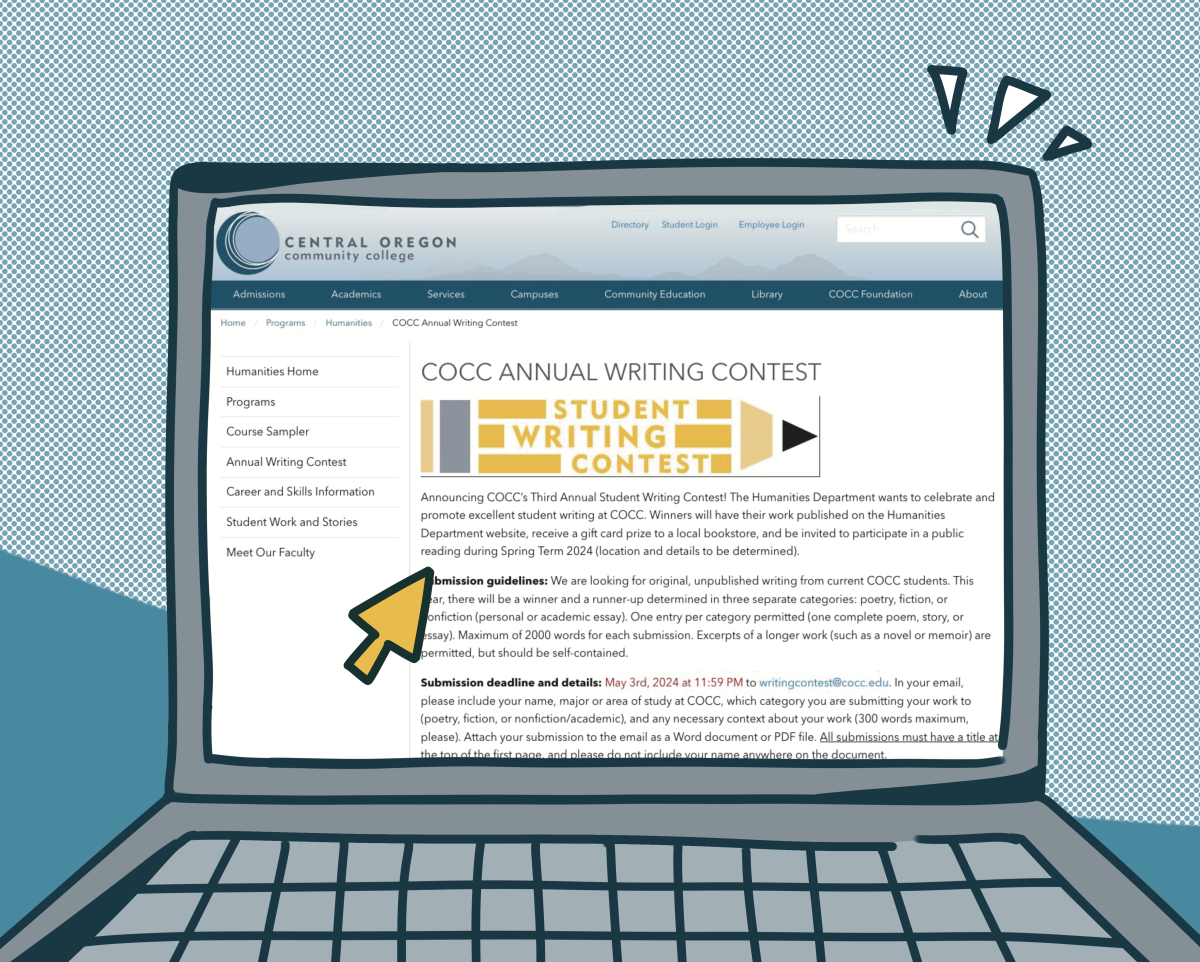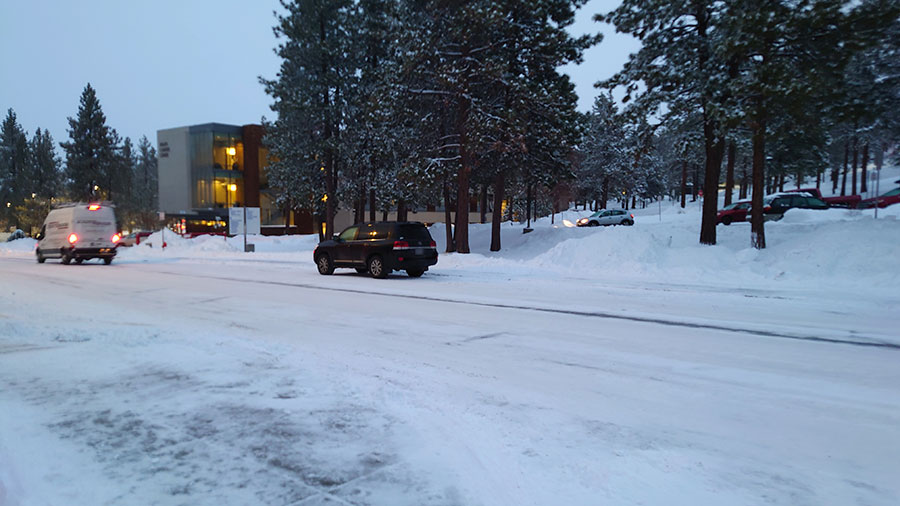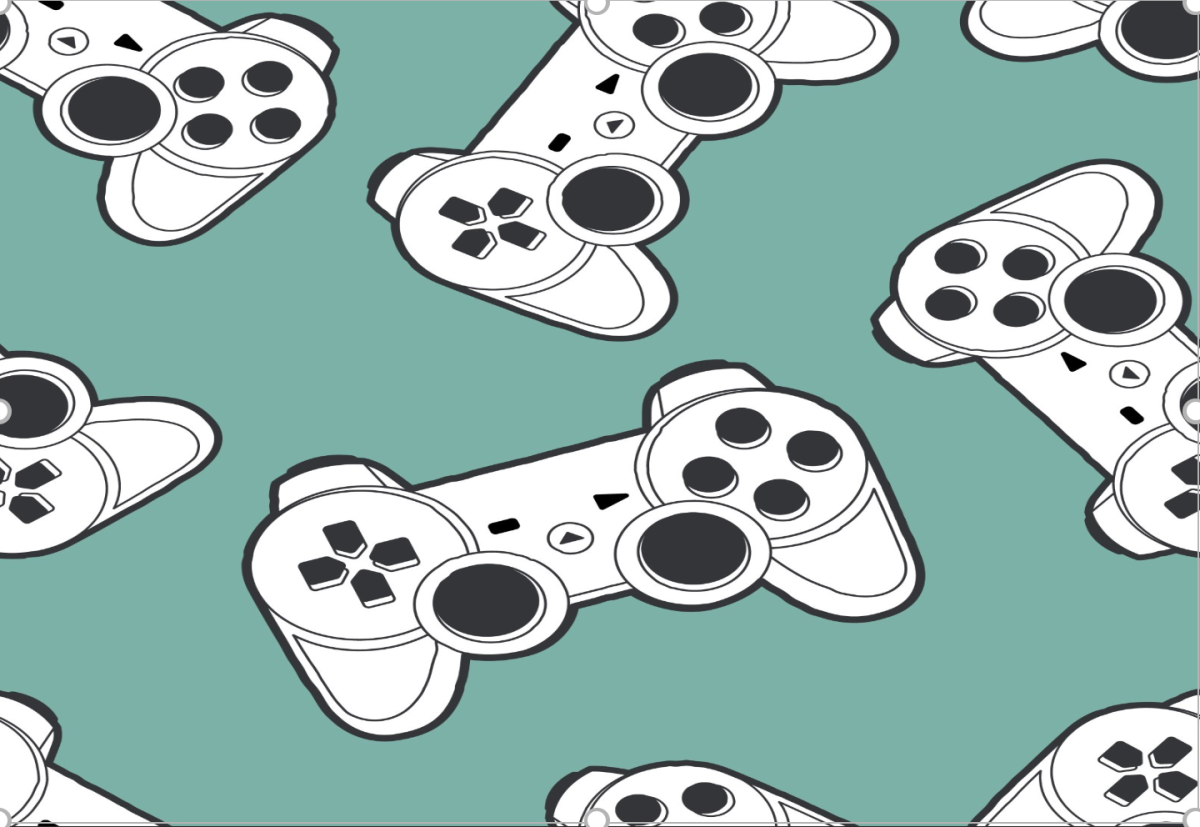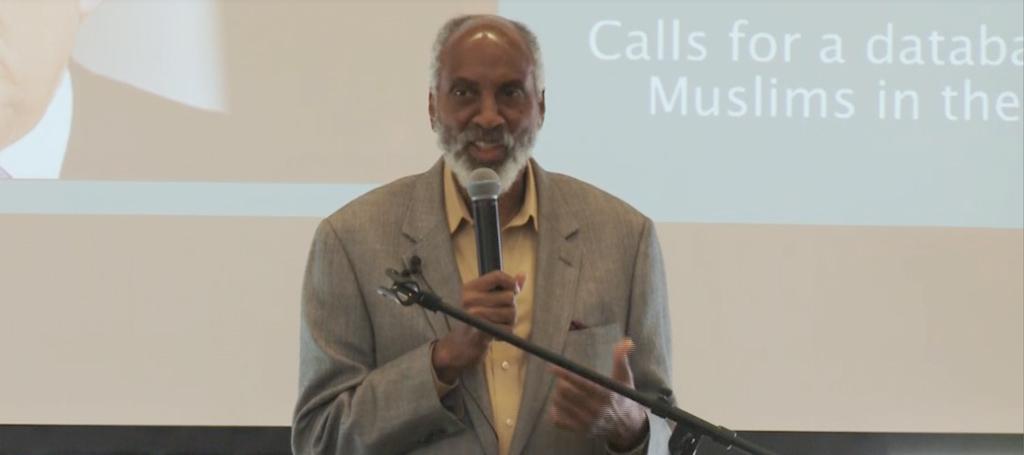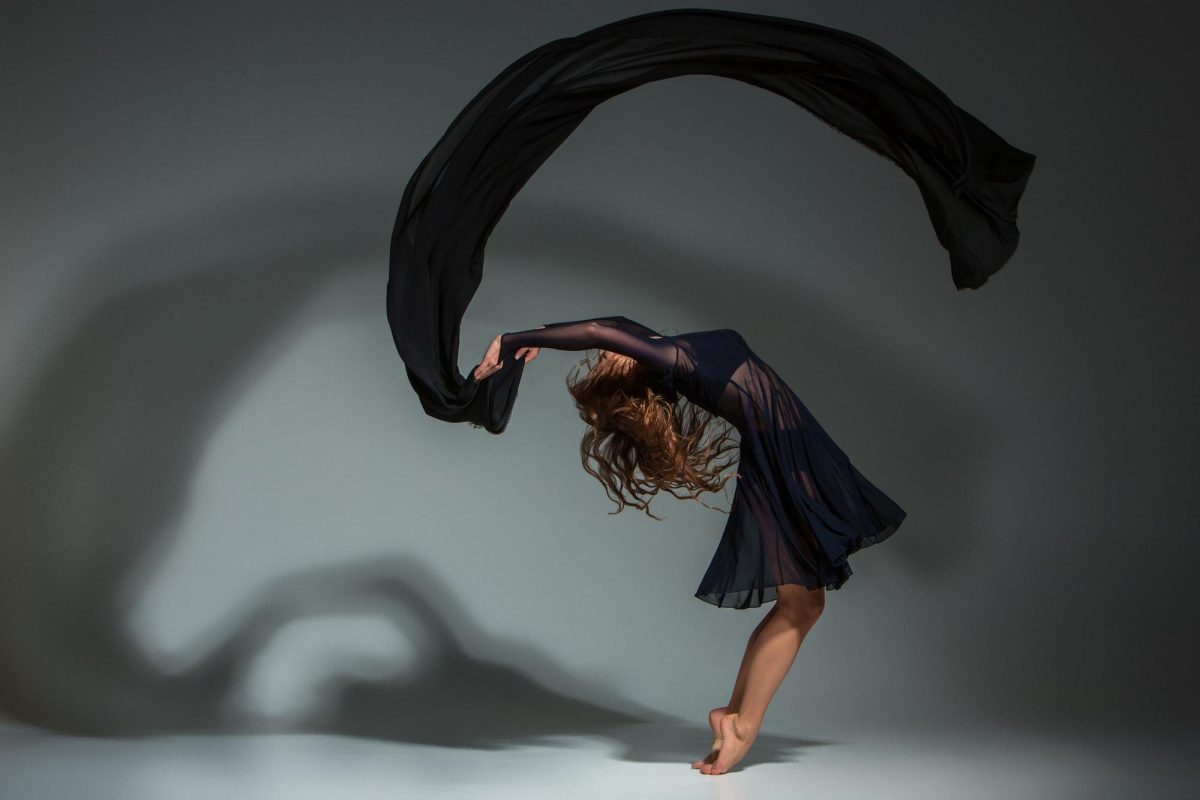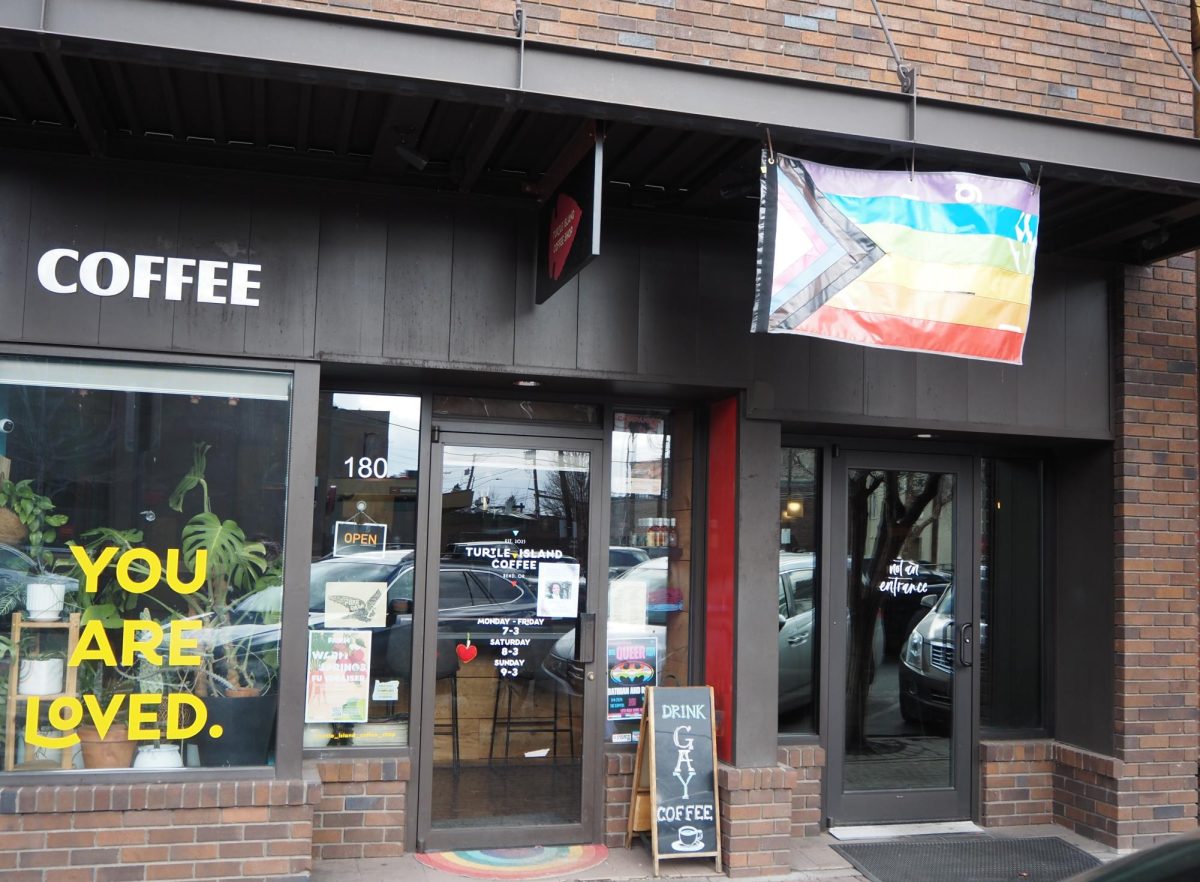The demographics of the United States of America are changing and citizens will have to adjust as these changes occur, according to john powell, director of the Haas Institute for a Fair and Inclusive Society at the University of California, Berkeley. Professor powell chooses to not capitalize his name in order to demonstrate that people are “part of the universe, not over it, as capitals signify.”
During two discussions held at Willie Hall in Central Oregon Community College’s (COCC) Coats Campus Center on Wednesday, Jan. 27, powell invited the audience to “open the question of race to the question of belonging” in an effort of “expanding the circle of human concern.”
The elocutionist used statistics, humor, and straightforwardness to communicate his ideas to the predominantly white audience members of Deschutes County, who filled the hall to near capacity for both the afternoon and evening sessions. Professor powell made light of the fact that he was one of only a few black men in the room. He said it is important to not shy away from what is plain for the eye to see. However, he brought up the subject of othering. Other, when used as a verb, means to alienate another person. Professor powell said that this word does not solely apply race. It applies to every human, with the “ing” expressing the ongoing nature of the task.
According to statistics given by powell from the Haas Institute, the human brain processes 11 million bits of information per second while only being able to focus on 40 of those bits.
Professor powell said that the human brain is divided into two sections: conscious and unconscious. This brought about the question of how to be aware of the unconscious brain, and to what degree that the human brain has a natural bias.
“When Americans say stuff like, ‘I grew up in a liberal household. I don’t even see race.’ That is the conscious talking: that is the 40 bits of information talking … the unconscious is faster and extremely politically incorrect,” powell said to audience laughter.
“The fact that we are exposed to these behaviors (biases), which come out of our physical and cultural environments, habituated, doesn’t mean that we are closet racists. What it means is that we are human … There is no such thing as seeing the world as it is … You can be aware that we are likely to see things in such a way that reflect the habits of the mind, and can learn what those habits are,” powell said.
There is a diverse employee set at the Haas Institute in Berkeley; however, powell added that not a single employee has a physical or mental disability. According to powell, there are 56 million Americans with disabilities, making Americans with disabilities the largest minority set. This statistic encompasses all ethnicities, genders and orientations.
During the month of January, the main entrance of the Barber Library at COCC featured an exhibit on loan from the Minnesotan group, Advocating Change Together. The display focused on the history of disability from 3500 B.C. to current times.
“Multicultural is our life. We can shy away or be engaged. It is best to be able to interact,” said Karen Roth, the director of multicultural activities at COCC.”
Jack Ewing | The Broadside
(Contact: [email protected])



